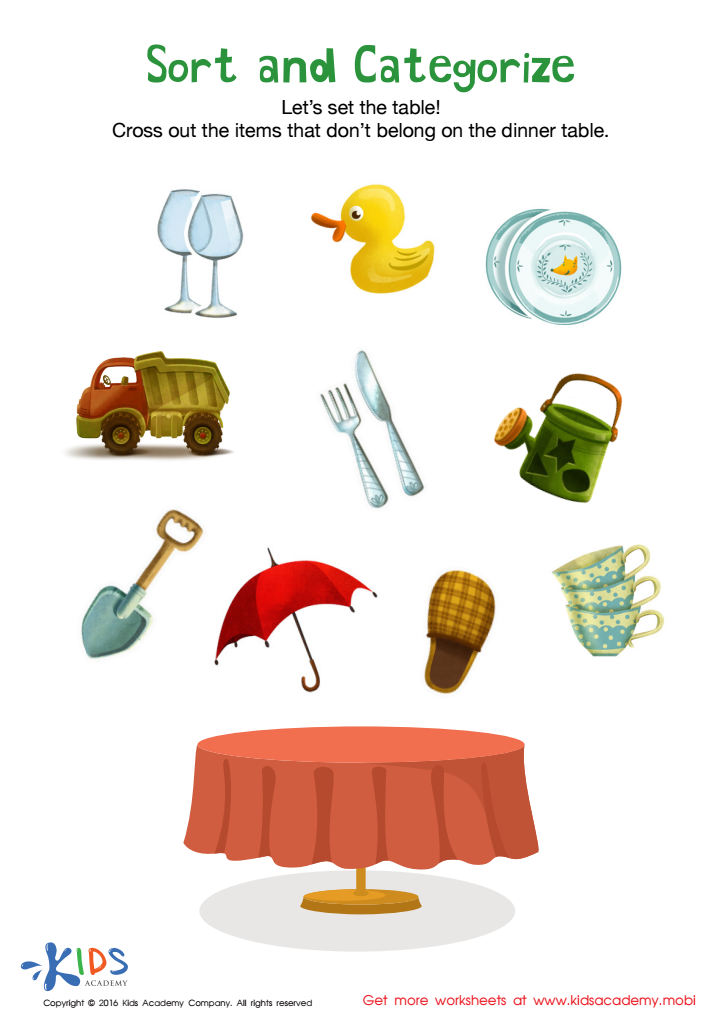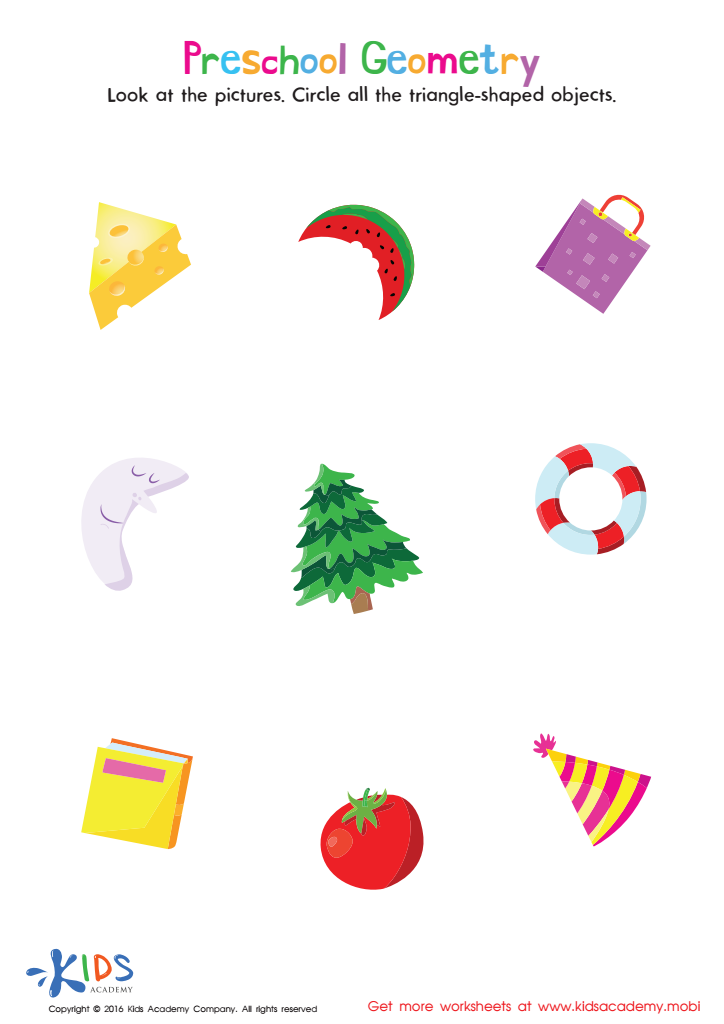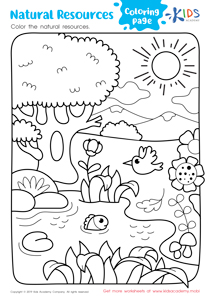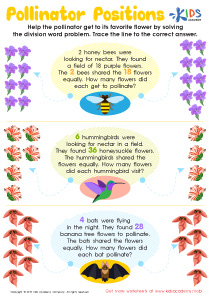Shape Recognition Normal Preschool Worksheets
28 filtered results
-
From - To
Explore our engaging Shape Recognition Normal Preschool Worksheets designed to help young learners identify and understand various shapes. These worksheets, perfect for preschoolers, feature vibrant illustrations and fun activities that enhance visual recognition skills. Children will engage in exciting exercises such as matching shapes, coloring, and tracing, which promote fine motor skills and critical thinking. Our well-structured worksheets align with early childhood education standards, making learning enjoyable and effective. Whether you're a teacher or a parent, these resources will help little ones develop their observational skills while fostering a love for learning. Start shaping your child's educational journey today!
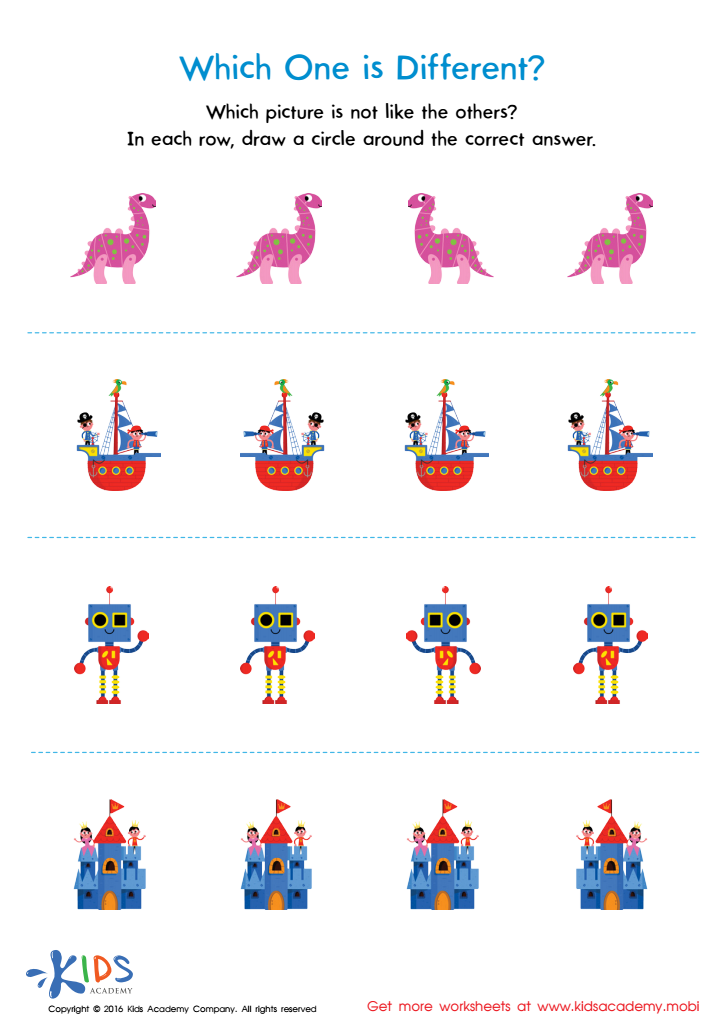

Which One Is Different Worksheet
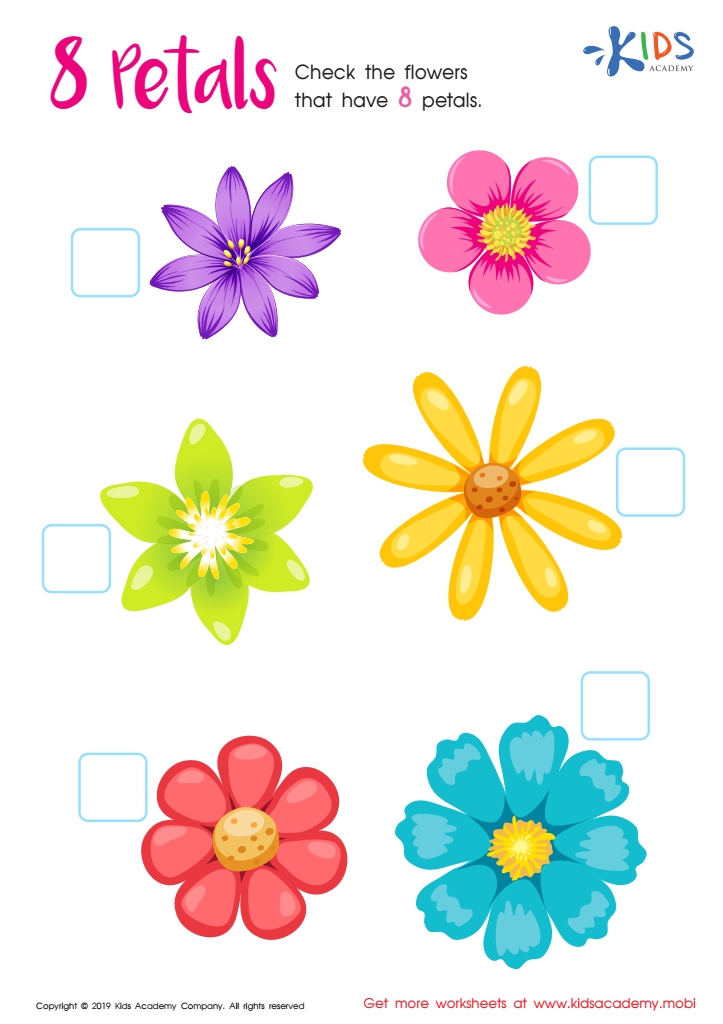

8 Petals Worksheet
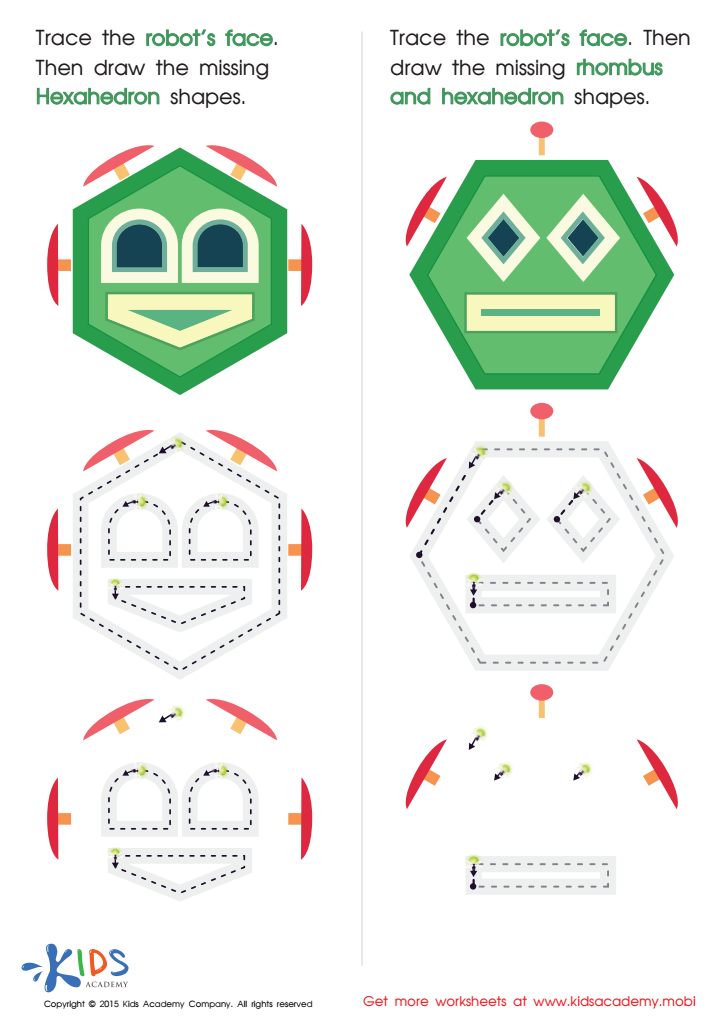

Practice Drawing Hexahedrons And a Rhombus Worksheet
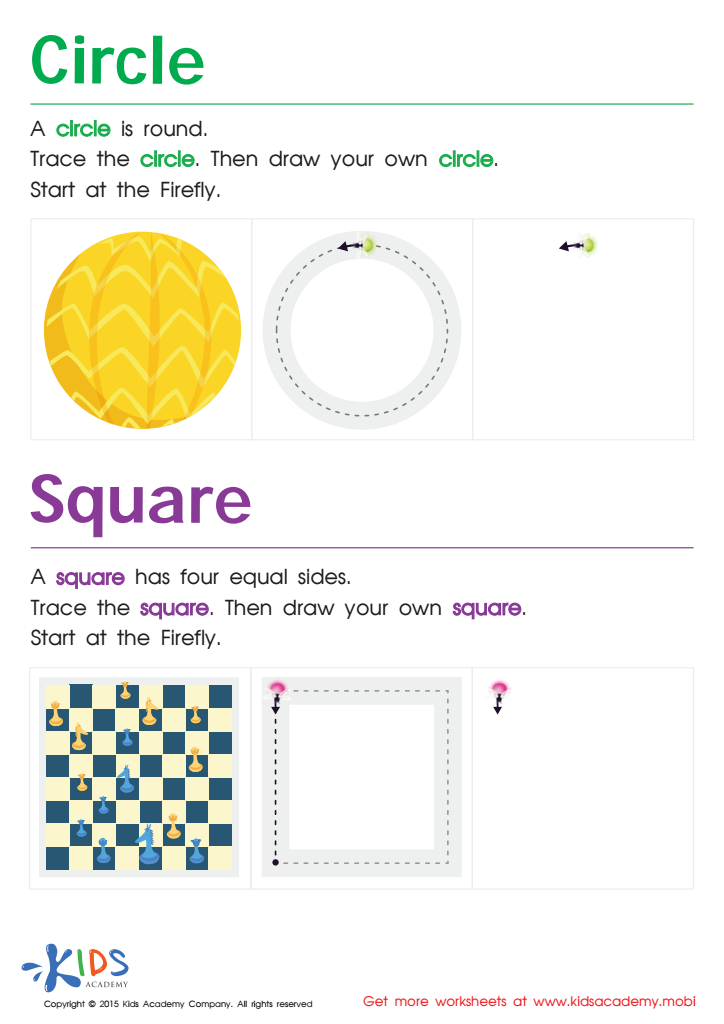

Trace And Draw a Circle And a Square Worksheet
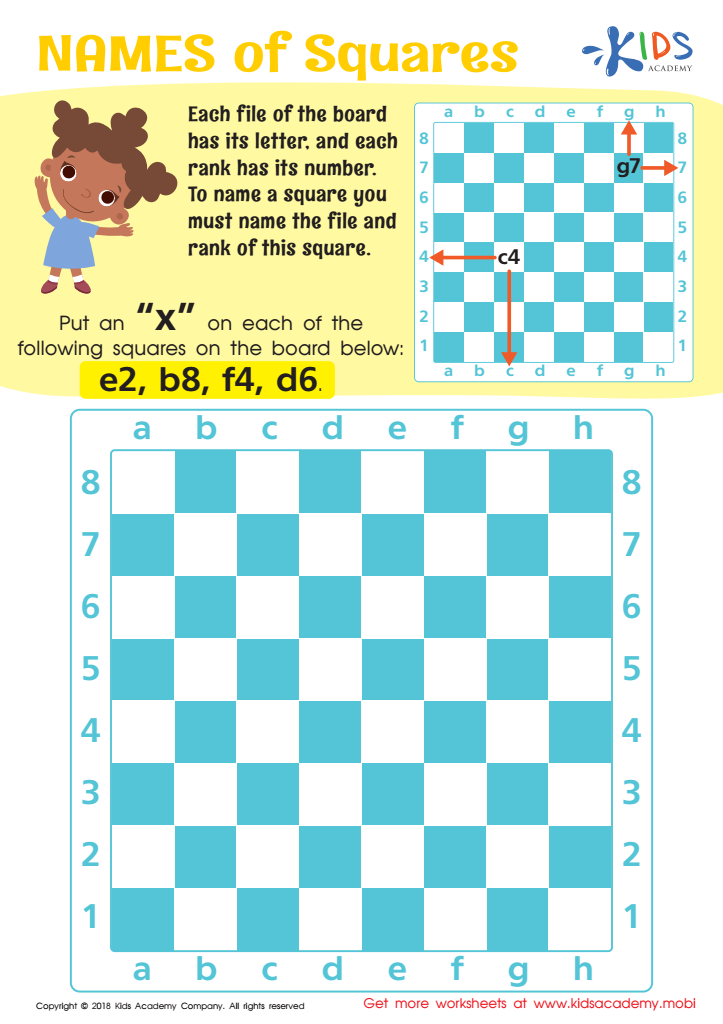

Names of Squares Worksheet
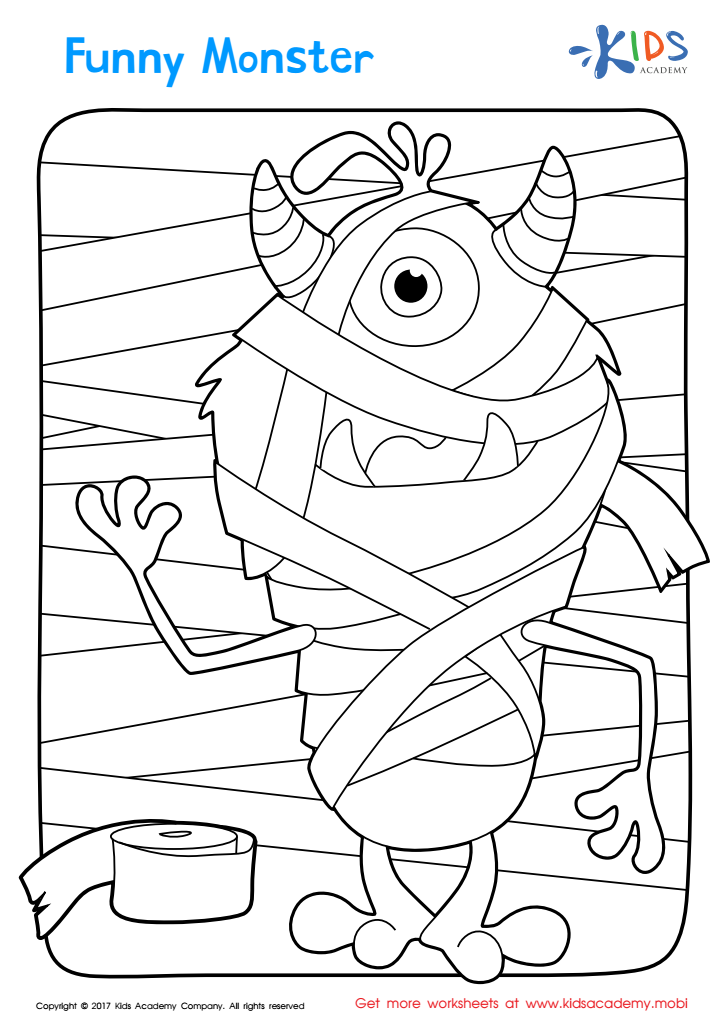

Halloween: A Funny Monster Worksheet
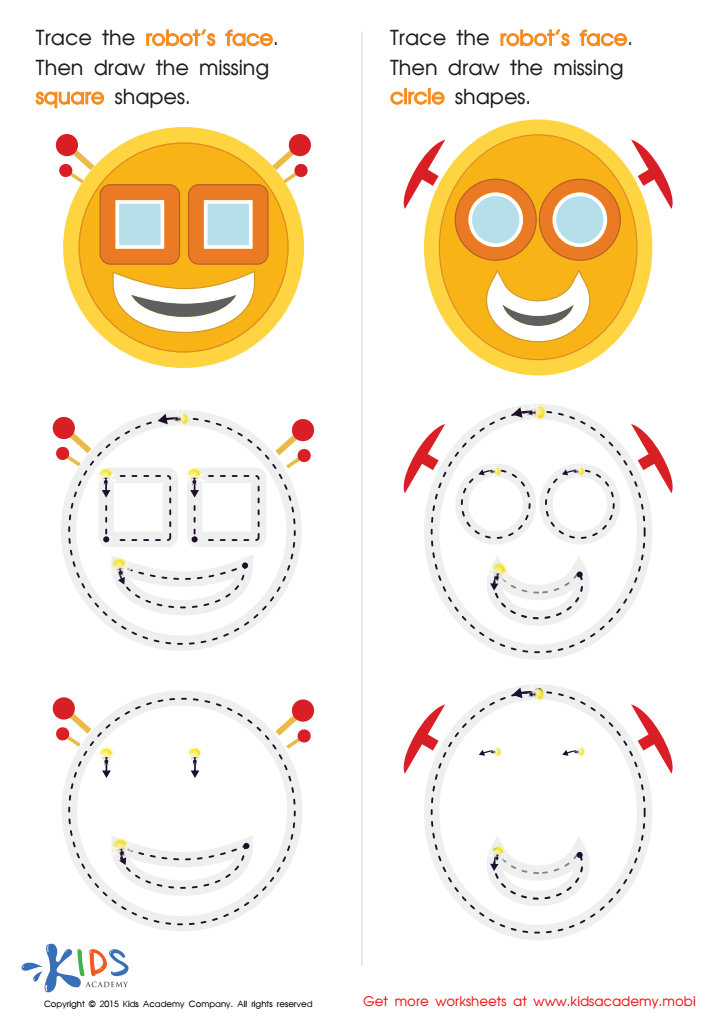

Practicing to Draw Circles And Squares Printable
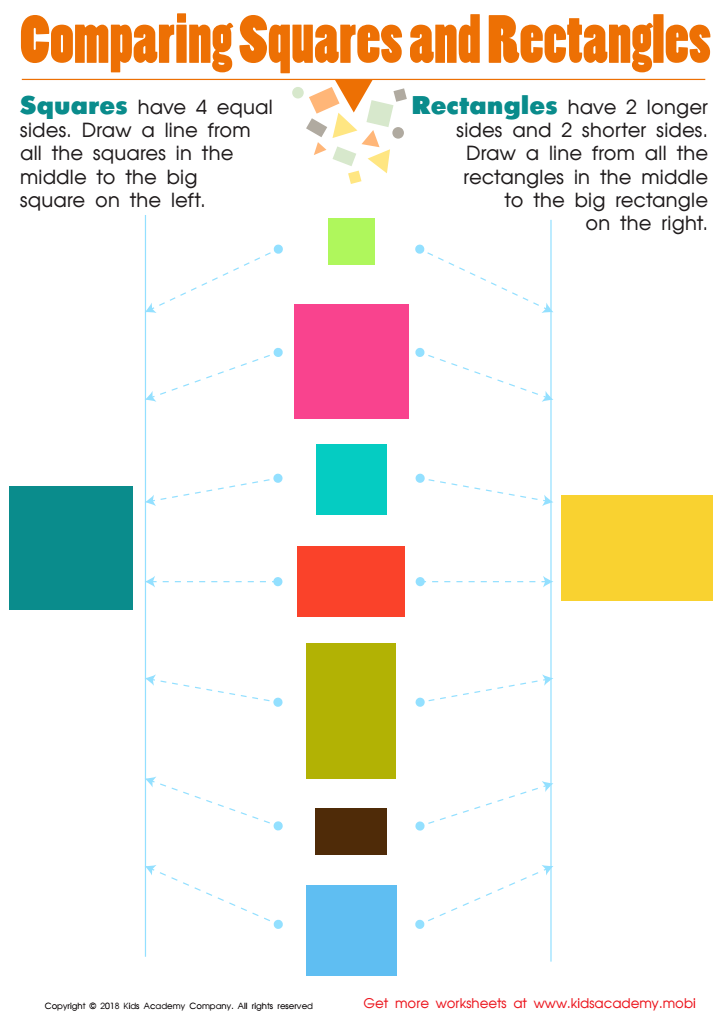

Comparing Squares Rectangles Worksheet
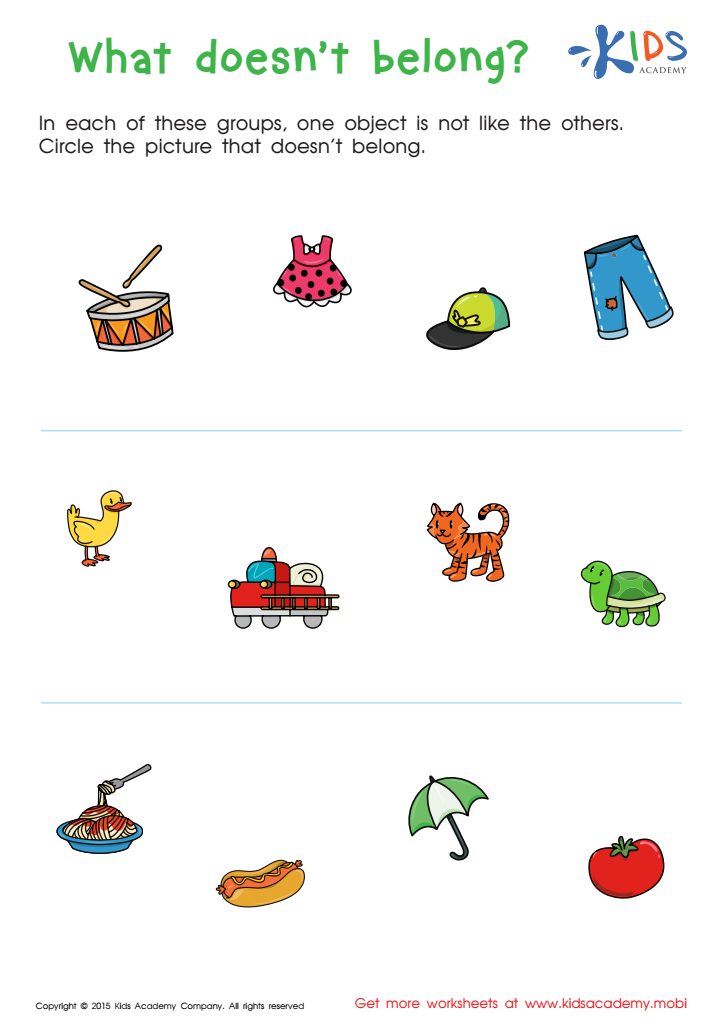

First Words: What Doesn't Belong Worksheet
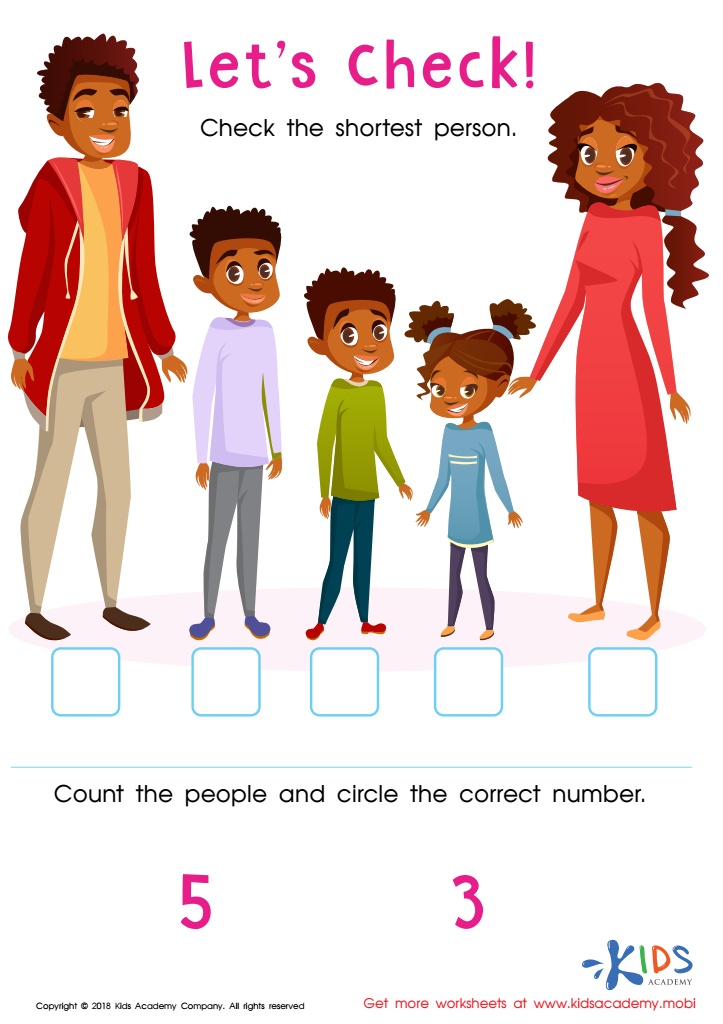

Let's Check! Assessment Worksheet
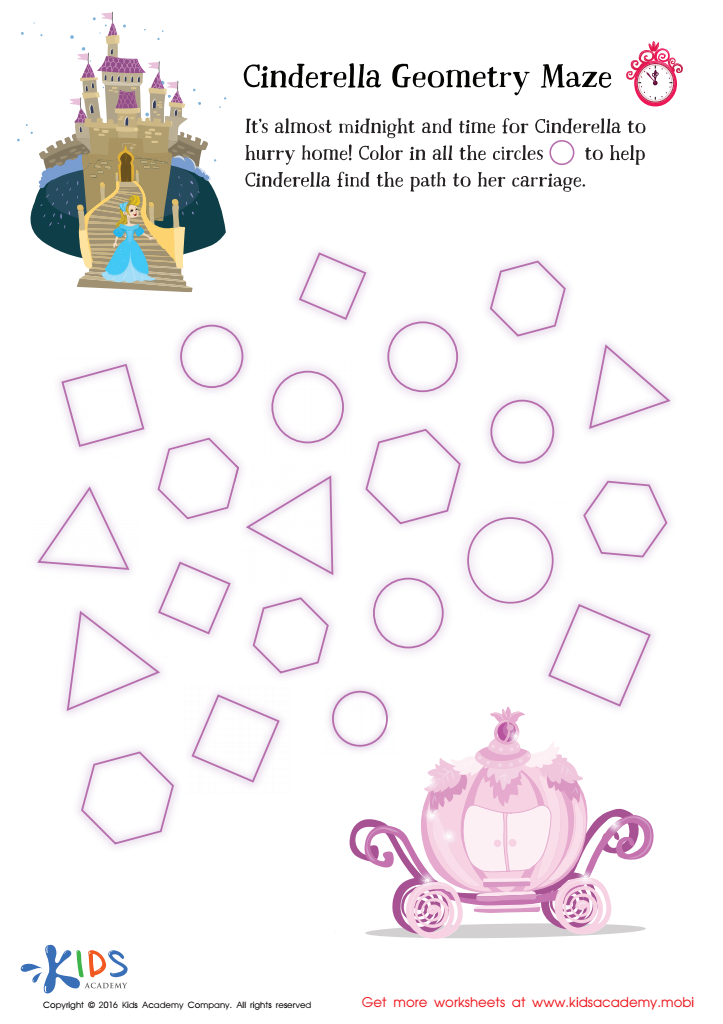

Cinderella Geometry Maze Worksheet
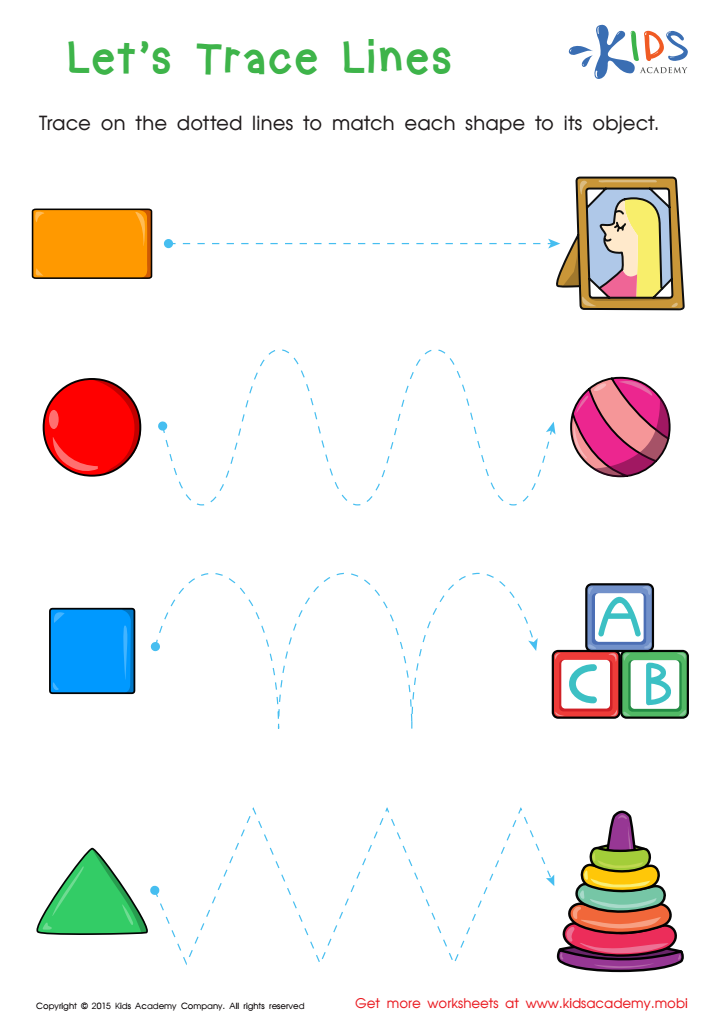

First Words: Let's Trace Lines Worksheet


Preschool Geometry Match Up Worksheet
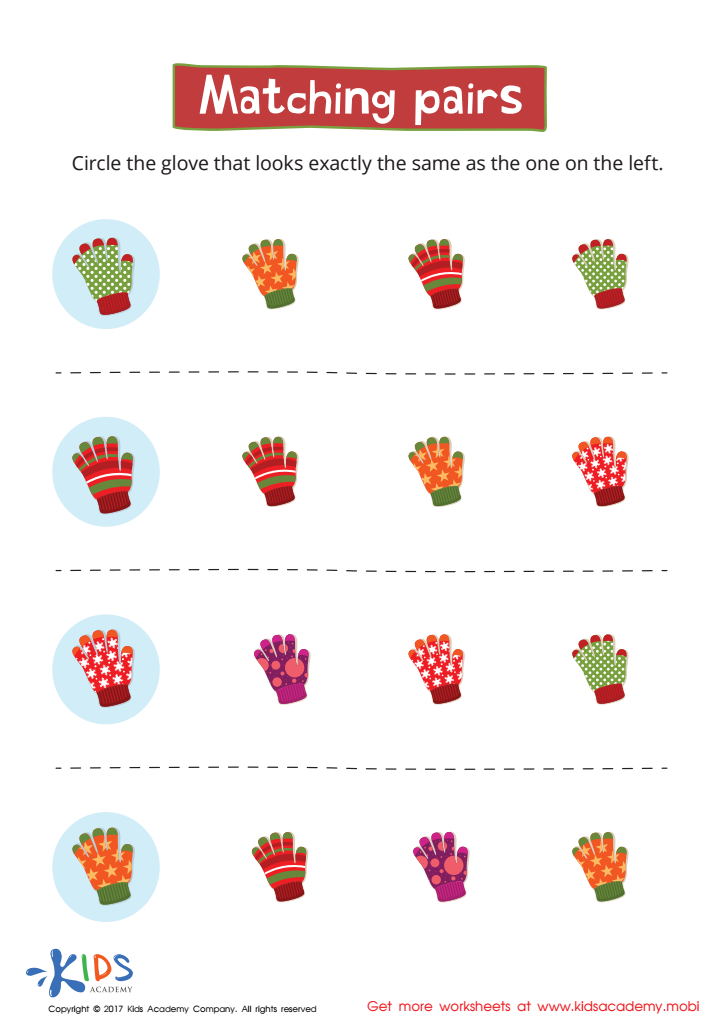

Matching: Matching Pairs Worksheet
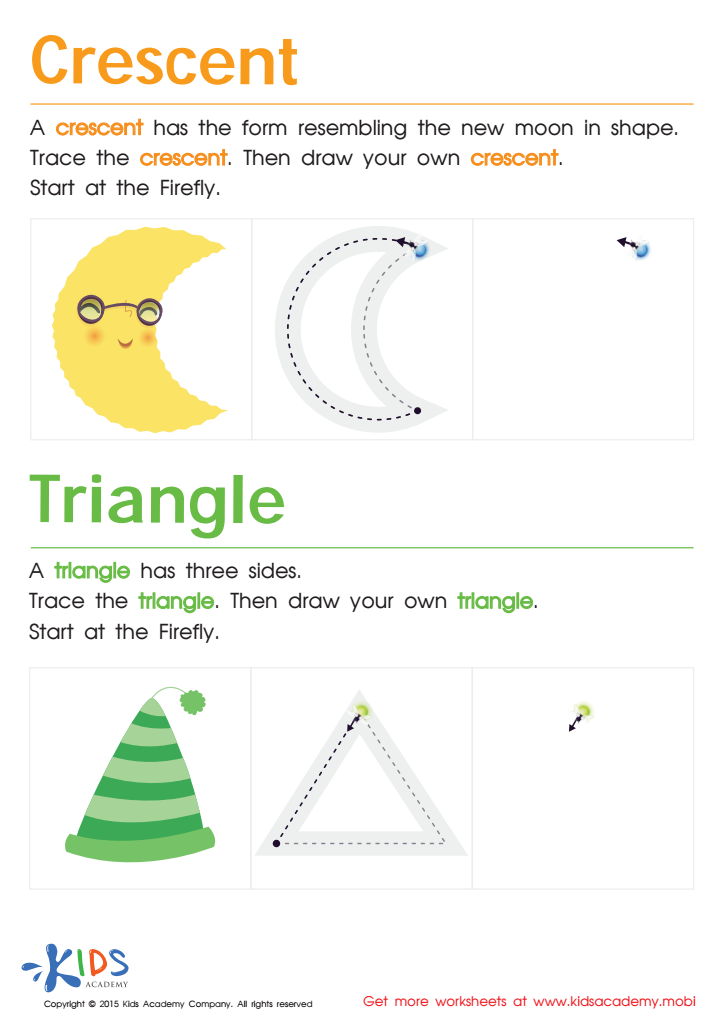

Learning to Draw Crescents And Triangles Worksheet
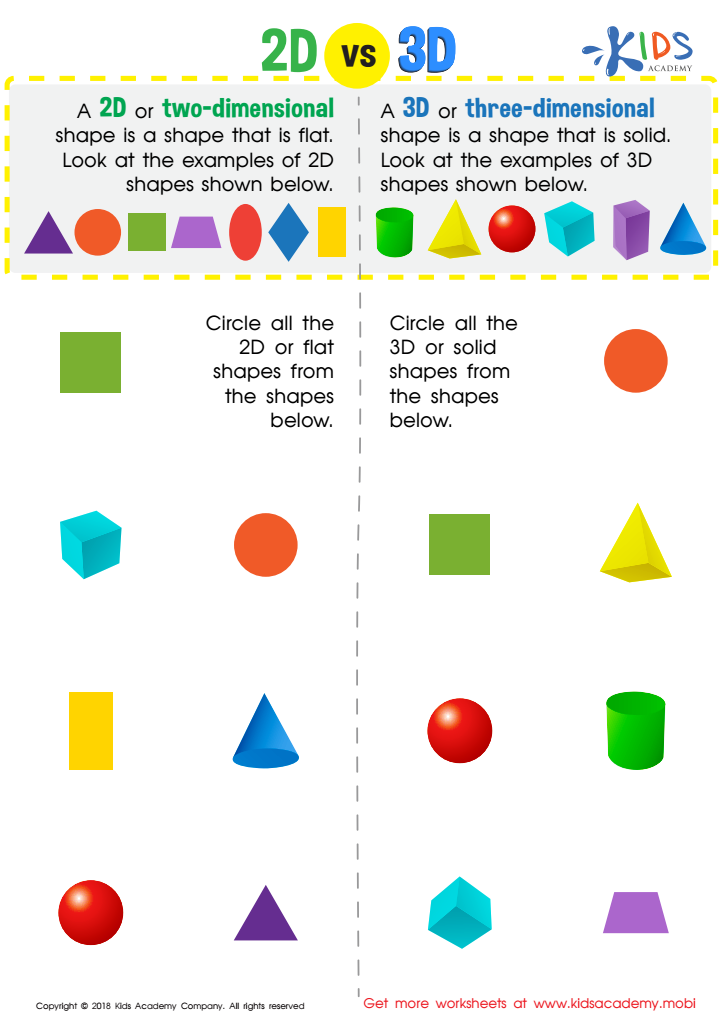

2D vs 3D Shapes Worksheet
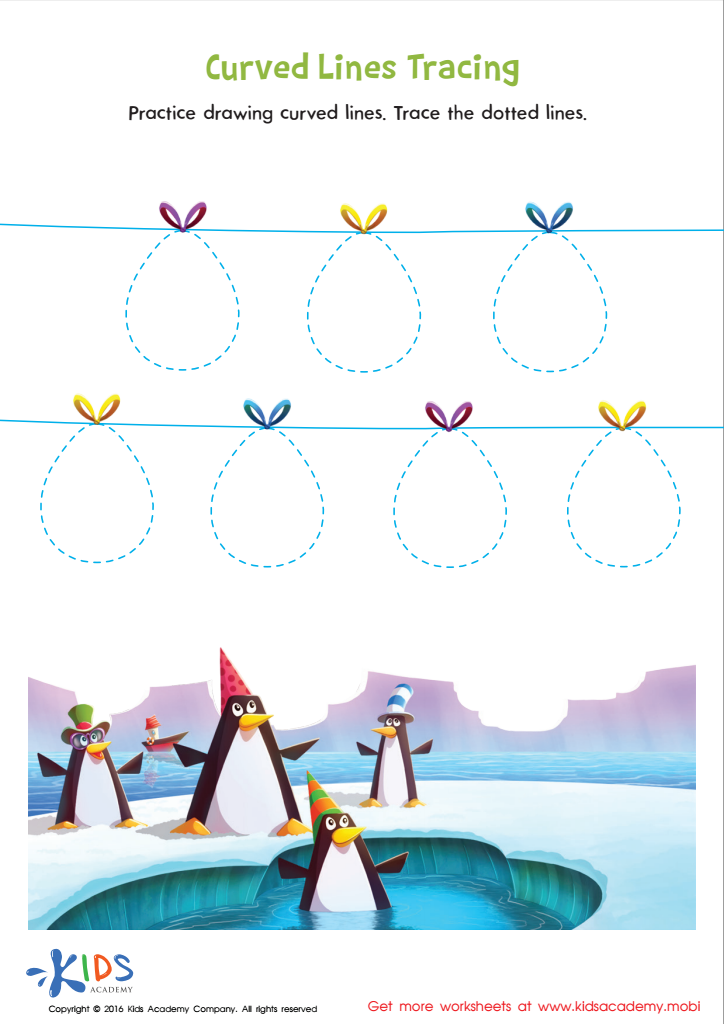

Curved Lines Tracing Worksheet
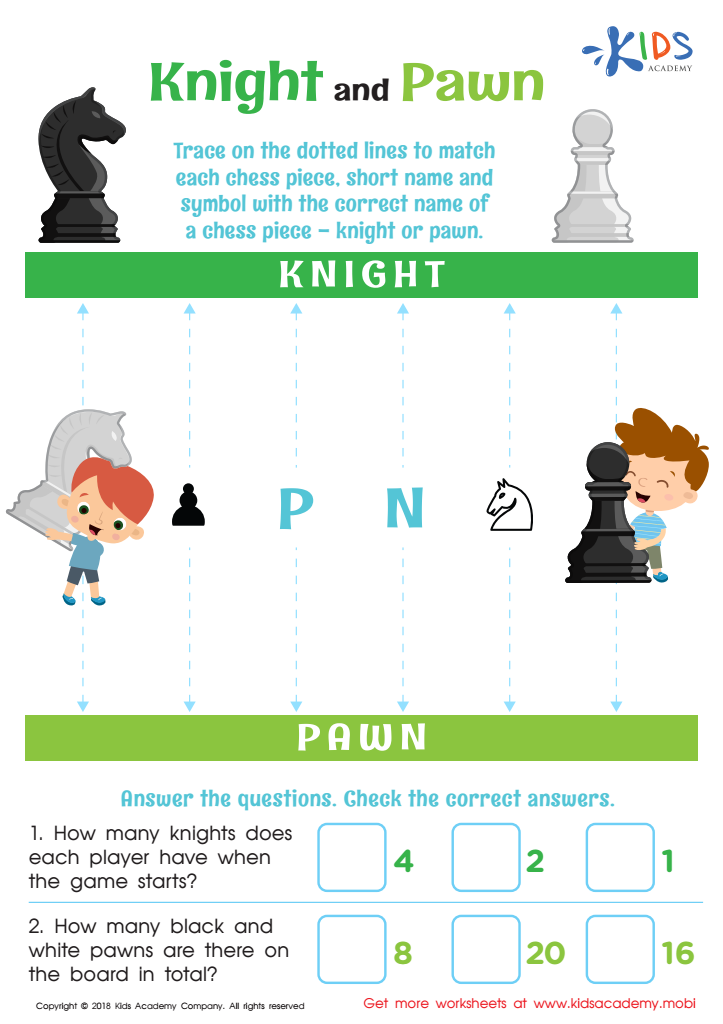

Knight and Pawn Worksheet
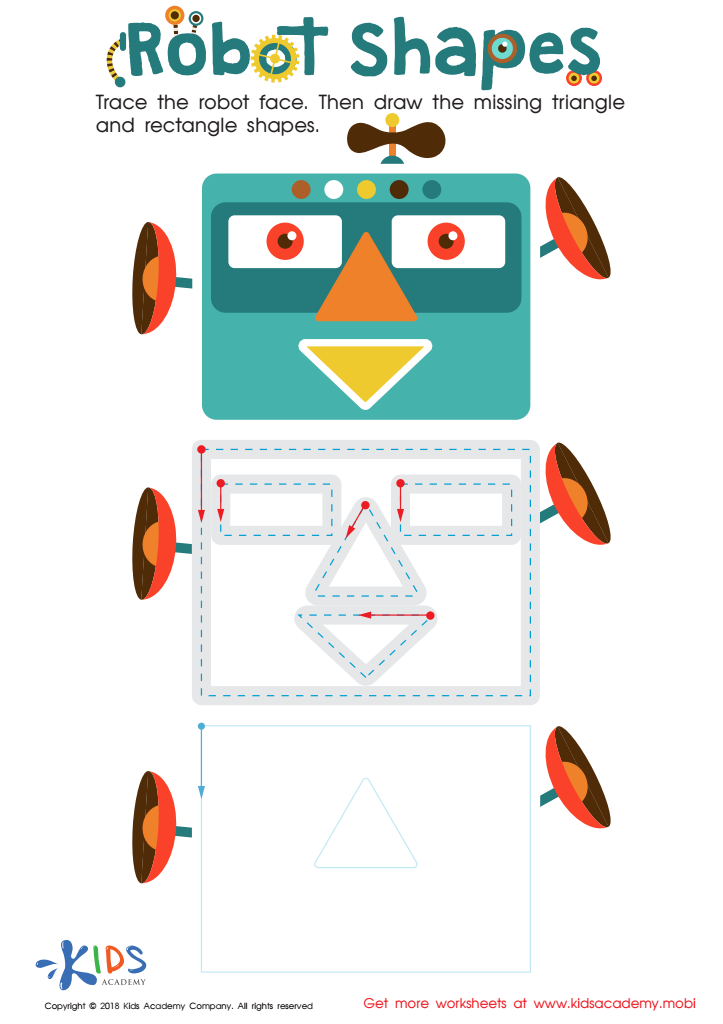

Robot Shapes Worksheet
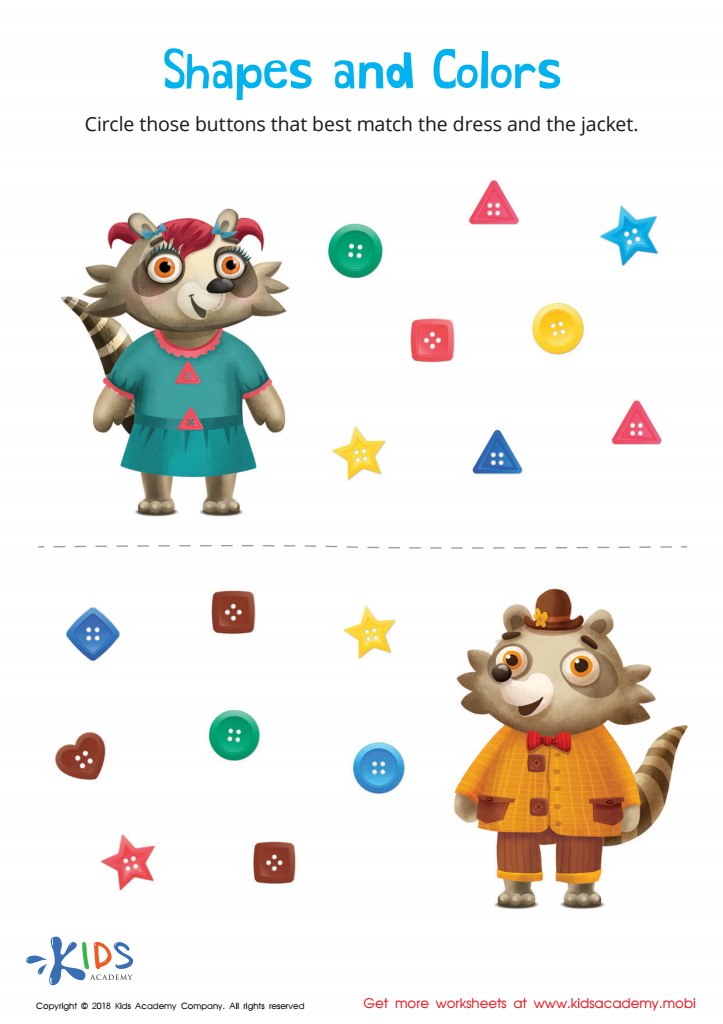

Shapes and Colors Worksheet
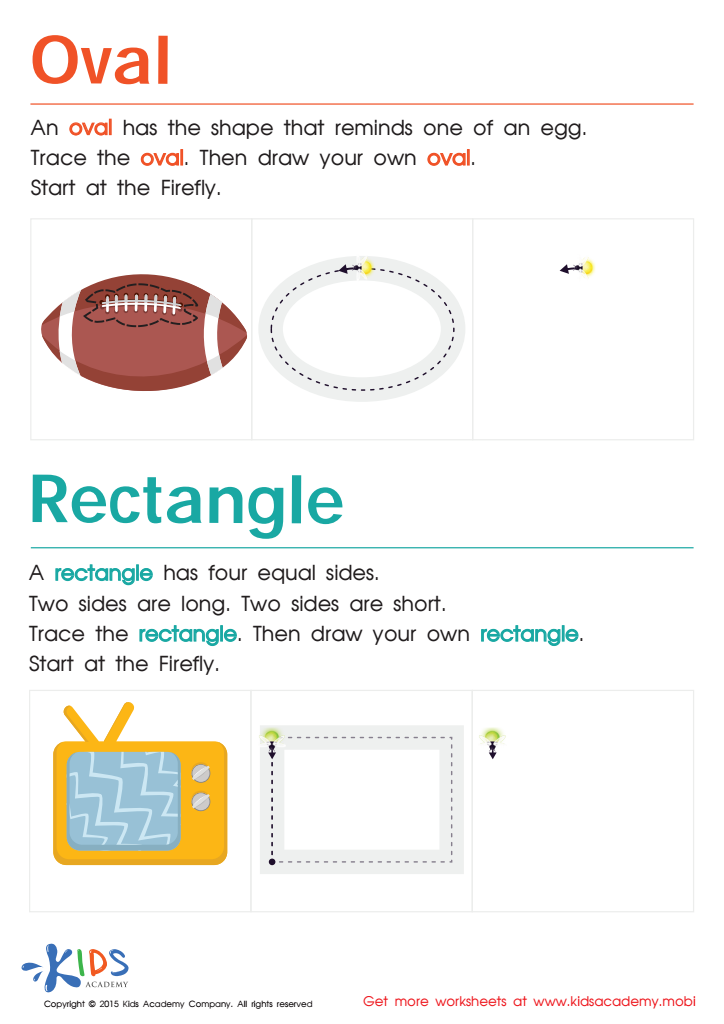

Easy Drawing of Ovals And Rectangles Worksheet


Playground Worksheet
Shape recognition is a foundational skill in early childhood education, making it essential for parents and teachers to prioritize this developmental area in preschool. Understanding shapes is critical not just for mathematical proficiency but also for cognitive development. Recognizing shapes aids in the enhancement of visual-spatial skills, which are crucial for problem-solving and critical thinking in later educational stages.
Engaging children in shape recognition promotes early cognitive development by allowing them to categorize and differentiate objects in their environment. This knowledge forms the basis for more complex concepts such as geometry and spatial awareness, which students encounter in higher education levels. Additionally, mastery of shape recognition supports fine motor skills, as children often engage in hands-on activities like drawing and crafting.
Moreover, early exposure to shapes contributes to language development. When caregivers and educators label shapes during play, children expand their vocabulary and cognitive connections. They learn to express thoughts and observations, improving communication skills.
Incorporating fun and interactive shape recognition activities cultivates an enjoyable learning environment, fostering a love of learning. Therefore, parents and teachers play a crucial role in encouraging this skill, setting the stage for future academic success and holistic development.

 Assign to My Students
Assign to My Students


